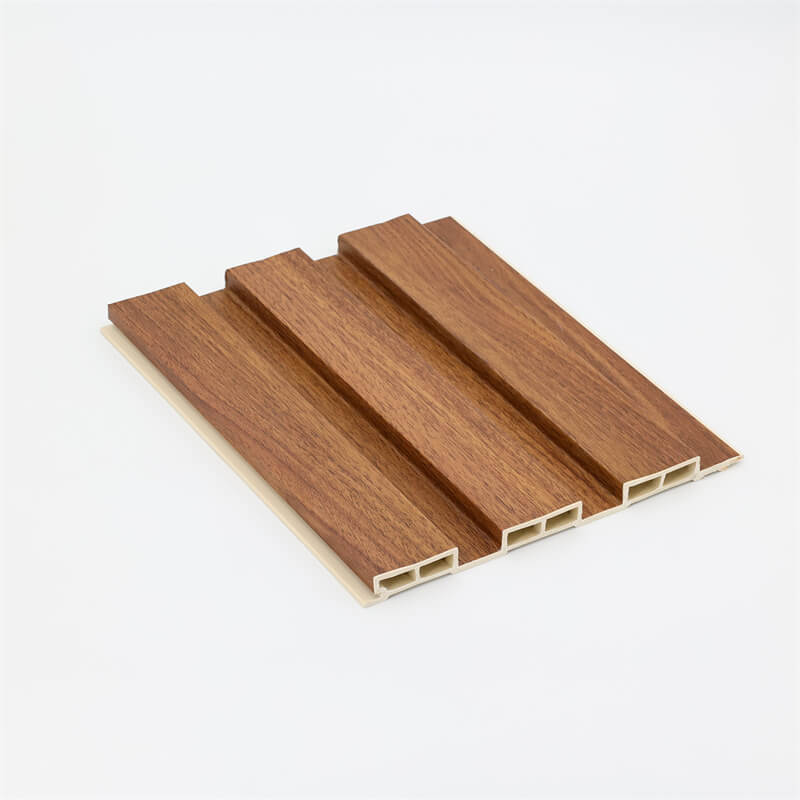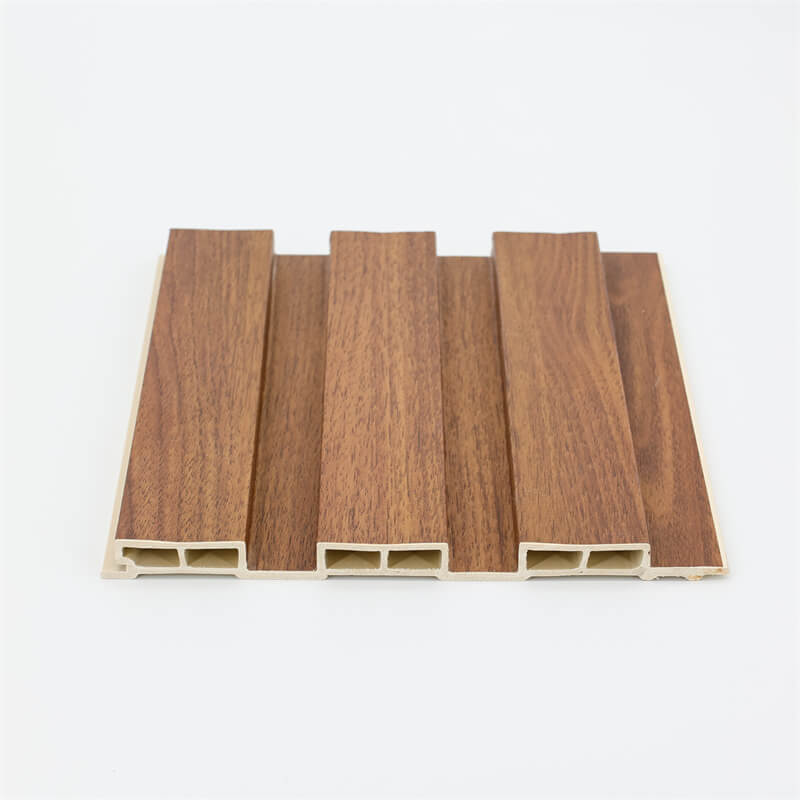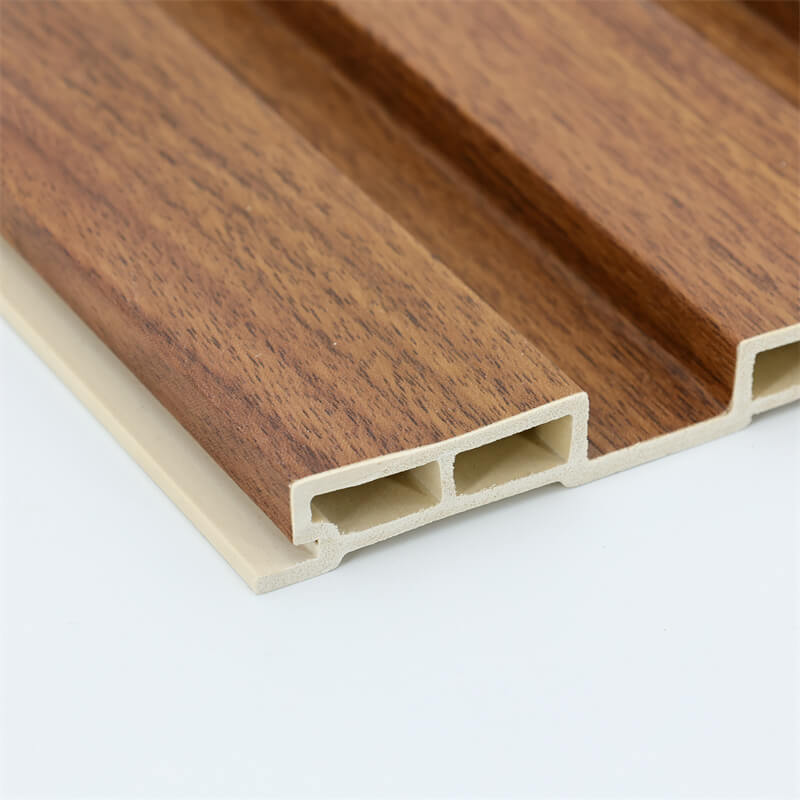
In the competitive world of hospitality design, creating a memorable and captivating ambiance is crucial to attracting guests and leaving a lasting impression.
WPC (Wood-Plastic Composite) wall panels have become an increasingly popular choice among designers in the hospitality industry.
These panels offer a unique combination of aesthetics, durability, and sustainability, allowing designers to create stunning spaces that not only captivate guests but also align with eco-friendly values.
This article explores the role of WPC wall panels in hospitality design and how they contribute to creating unforgettable guest experiences.
I. Understanding WPC Wall Panels in Hospitality Design
The Versatility of WPC Wall Panels: WPC wall panels are composite materials that blend wood fibers with recycled plastic.
This combination results in a material that offers the natural beauty of wood while possessing enhanced durability and resistance to moisture, rot, and insects.
WPC wall panels are available in various colors, textures, and finishes, allowing designers to achieve a wide range of design styles and create unique and captivating spaces within the hospitality industry.
Enhancing Guest Experience: In the hospitality industry, creating an ambiance that leaves a lasting impression on guests is crucial.
WPC wall panels contribute to this by adding warmth, character, and visual interest to interior spaces.
The natural wood-like appearance of the panels creates a sense of comfort and sophistication, making guests feel welcomed and relaxed.
Whether it’s a luxurious hotel lobby, a trendy restaurant, or a cozy café, WPC wall panels can elevate the overall design and enhance the guest experience.
II. Design Possibilities with WPC Wall Panels
Creating Unique Architectural Features: WPC wall panels offer designers the flexibility to create unique architectural features that stand out.
These panels can be cut, shaped, and installed in various orientations, allowing designers to create eye-catching accent walls, decorative partitions, or even custom-designed focal points.
By incorporating WPC wall panels, designers can add depth, texture, and visual interest to spaces, making a statement that resonates with guests.
Customization for Branding: WPC wall panels can be customized to reflect the branding and identity of a hospitality establishment.
Whether it’s incorporating the company logo, using specific colors that align with the brand, or integrating patterns that evoke a specific theme, WPC wall panels provide the flexibility to create a cohesive and immersive brand experience.
This customization helps establish a unique identity and reinforces brand recognition among guests.
III. Durability and Practicality in Hospitality Settings
Enhanced Durability: In the hospitality industry, where spaces experience high foot traffic and constant use, durability is paramount.
WPC wall panels are known for their exceptional durability and resistance to wear and tear.
They can withstand impacts, scratches, and stains, ensuring that the interior spaces maintain their pristine appearance even after years of heavy use.
This durability translates into cost savings by reducing the need for frequent repairs or replacements.
Low Maintenance: WPC wall panels are easy to maintain, making them ideal for hospitality settings.
Unlike traditional materials, such as natural wood or wallpaper, WPC wall panels do not require frequent painting, staining, or sealing.
They can be easily cleaned with mild soap and water, ensuring that the spaces remain clean and inviting for guests.
The low maintenance nature of WPC wall panels saves time, effort, and resources, allowing hospitality establishments to focus on delivering exceptional guest experiences.
IV. Sustainability in Hospitality Design
Eco-Friendly Design Solutions: Sustainability has become a key consideration in hospitality design.
WPC wall panels contribute to a more sustainable future by incorporating recycled plastic into their composition.
By choosing WPC wall panels, hospitality establishments reduce their reliance on virgin plastic, divert waste from landfills, and promote a circular economy.